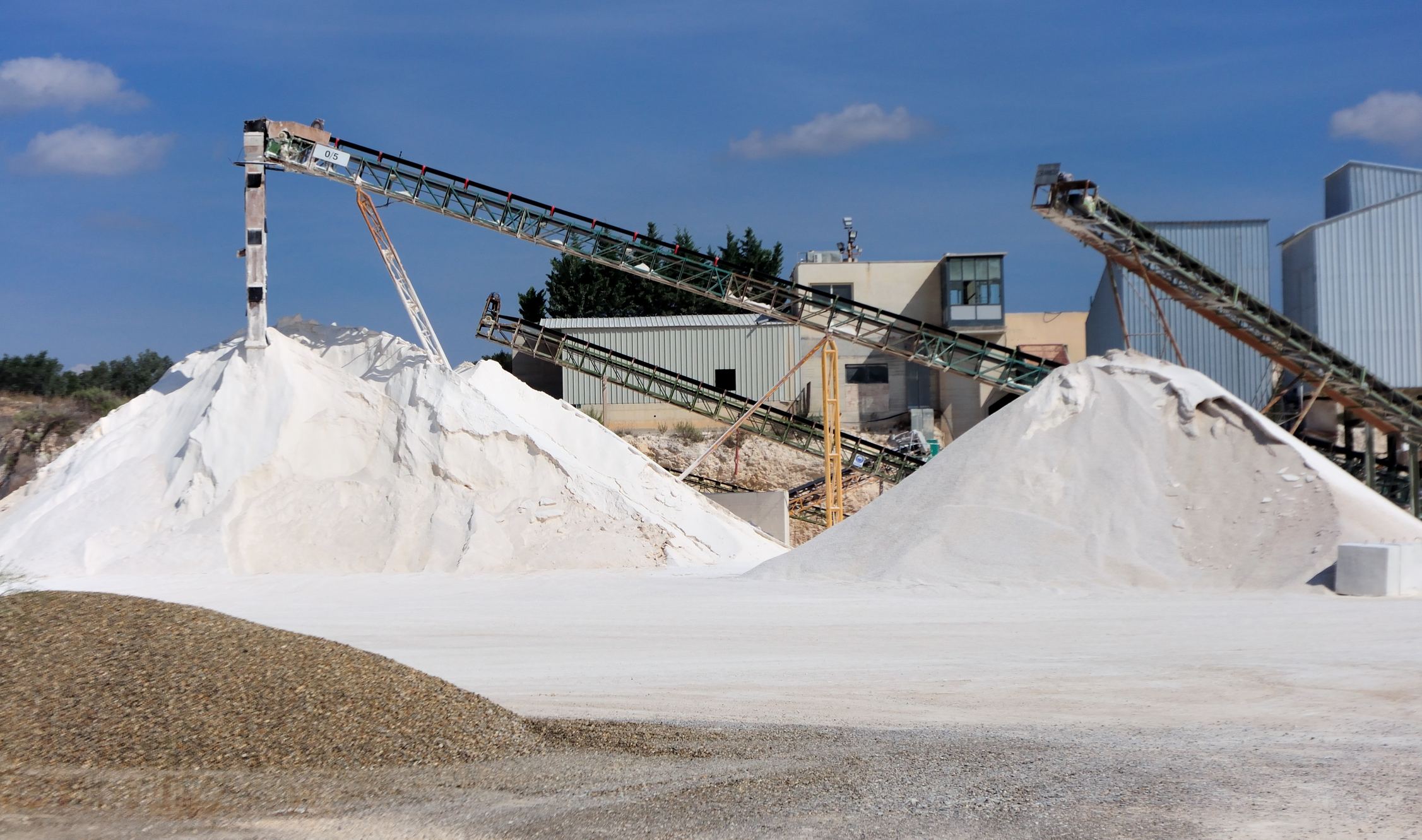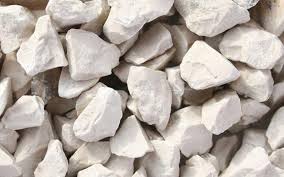Limestone is a sedimentary rock composed primarily of calcium carbonate (CaCO₃) in the form of calcite or aragonite. It is widely used in construction, agriculture, and industry.
Limestone is a versatile and essential raw material used in several industries, including cement production, steel manufacturing, agriculture, and construction. Limestone testing labs are vital for ensuring that the material meets the required quality standards and optimizes its use in various industrial processes.


